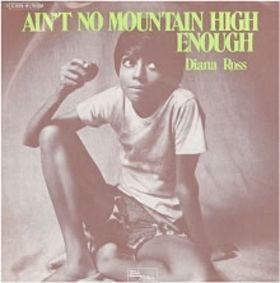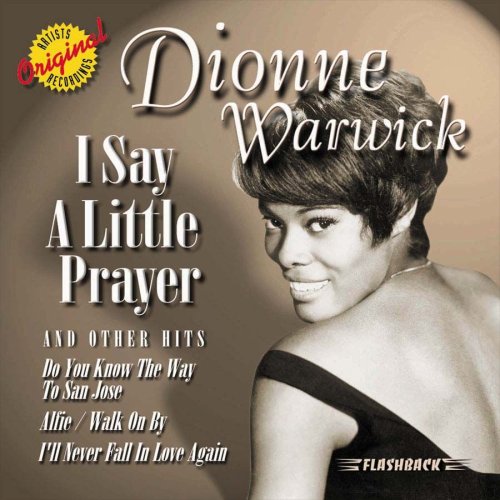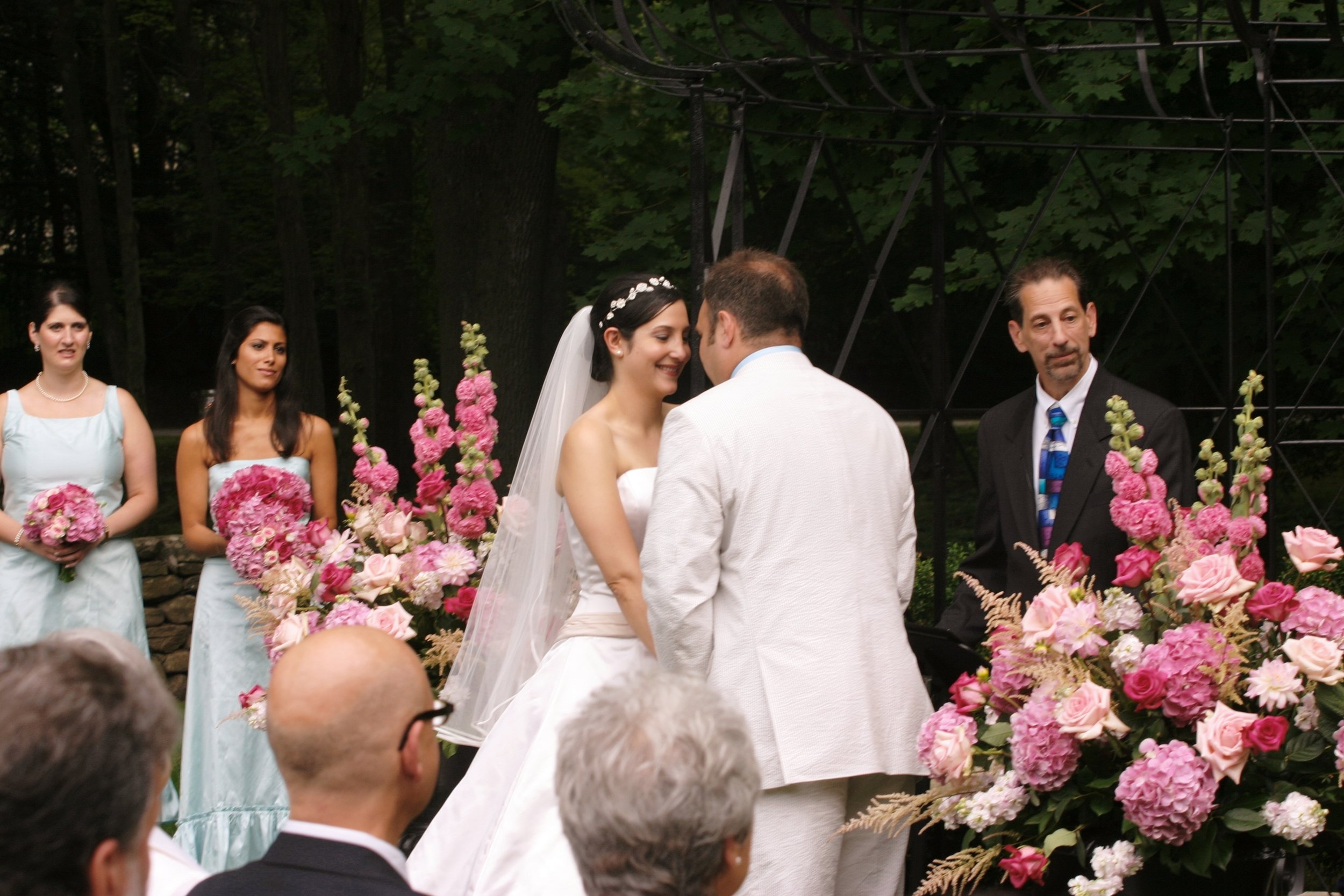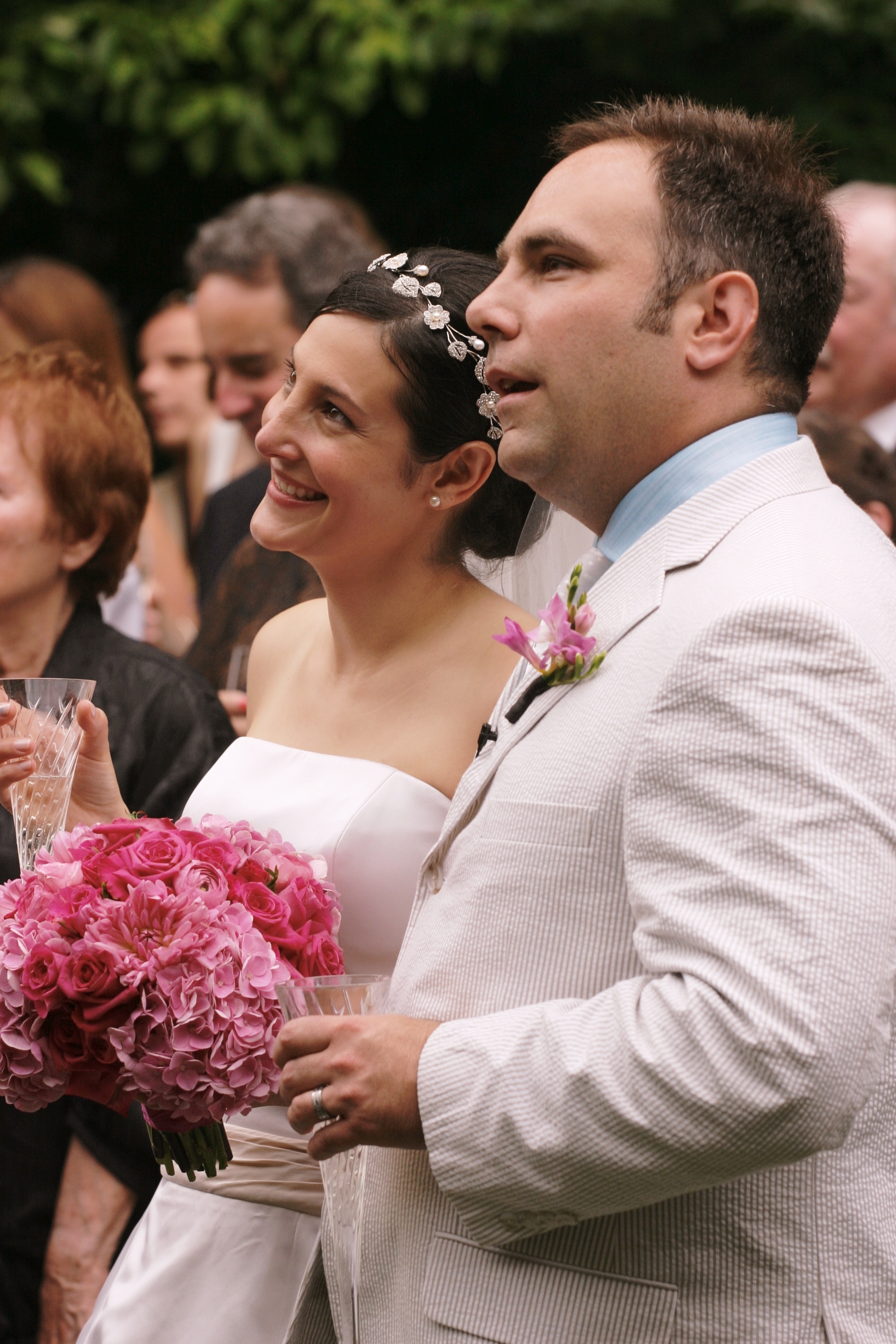There are six seasons. Not four.
/Kurt Vonnegut proposed a restructuring of the seasons that I like a lot.
January and February: Winter
March and April: Unlocking
May and June: Spring
July and August: Summer
September and October: Fall
November and December: Locking
Vonnegut argued that March and April never really exemplify spring. It's still cold. The grass is brown. Trees aren't yet budding, and winter can still offer its last gasps of snow.
Similarly, November and December rarely feel like winter. November feels like the bastard stepchild of fall and winter, unsure about what it should be. And white Christmases are hardly certain.
Instead, November and December is a period of locking. The ground begins to freeze. Nature begins to slumber. Winter coats, hats, and mittens begin to find their way back into the world.
And March and April are unlocking. The ground begins to thaw. Kids track mud into the house. The first green shoots emerge from the ground. Golfers count the days before they can play again.
In Vonnegut's own words:
““One sort of optional thing you might do is to realize that there are six seasons instead of four. The poetry of four seasons is all wrong for this part of the planet, and this may explain why we are so depressed so much of the time. I mean, spring doesn’t feel like spring a lot of the time, and November is all wrong for autumn, and so on.
Here is the truth about the seasons: Spring is May and June. What could be springier than May and June? Summer is July and August. Really hot, right? Autumn is September and October. See the pumpkins? Smell those burning leaves? Next comes the season called Locking. November and December aren’t winter. They’re Locking. Next comes winter, January and February. Boy! Are they ever cold!
What comes next? Not spring. ‘Unlocking’ comes next. What else could cruel March and only slightly less cruel April be? March and April are not spring. They’re Unlocking.””
Of course, Vonnegut's proposal (and the demarcation of seasons in general) is irrelevant if you live in Southern California. Or Kenya. Or Boca Raton.
Poor souls.
But for those of us who experience the seasons in the way they are stereotypically presented, I like this a lot.































